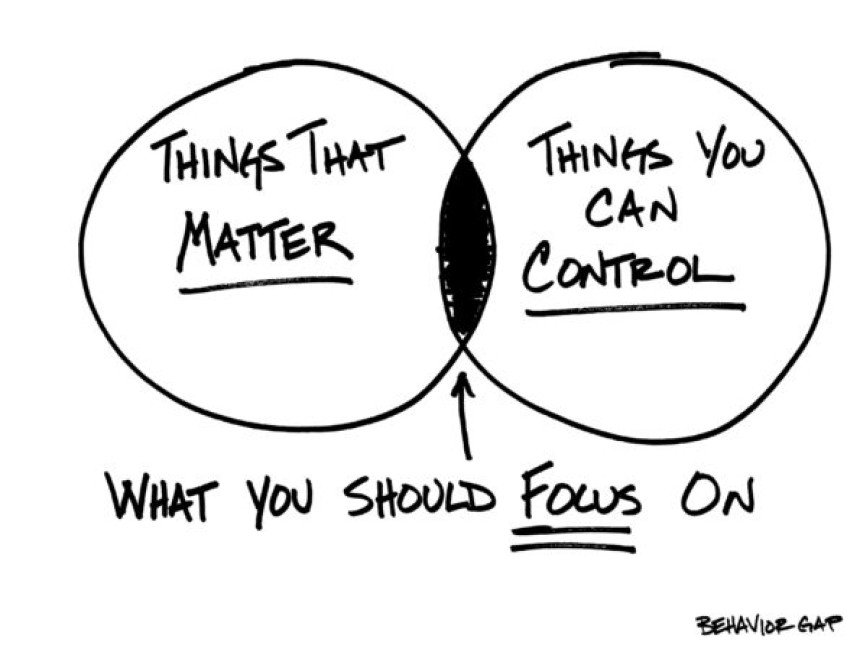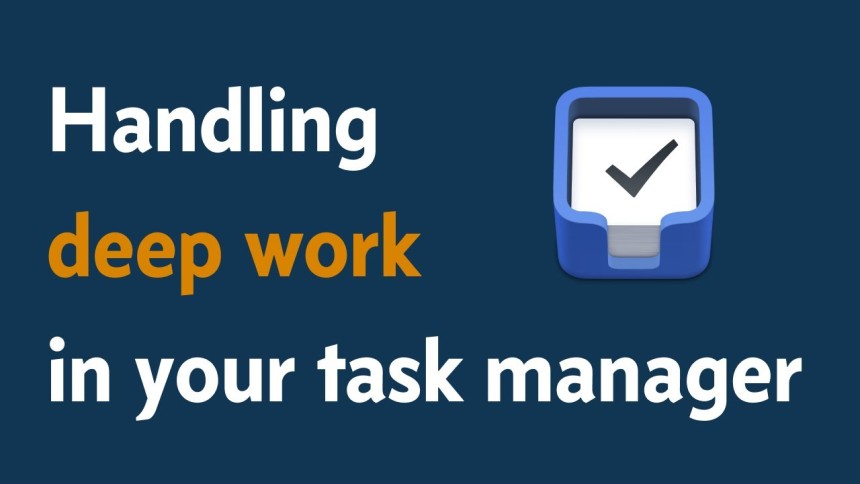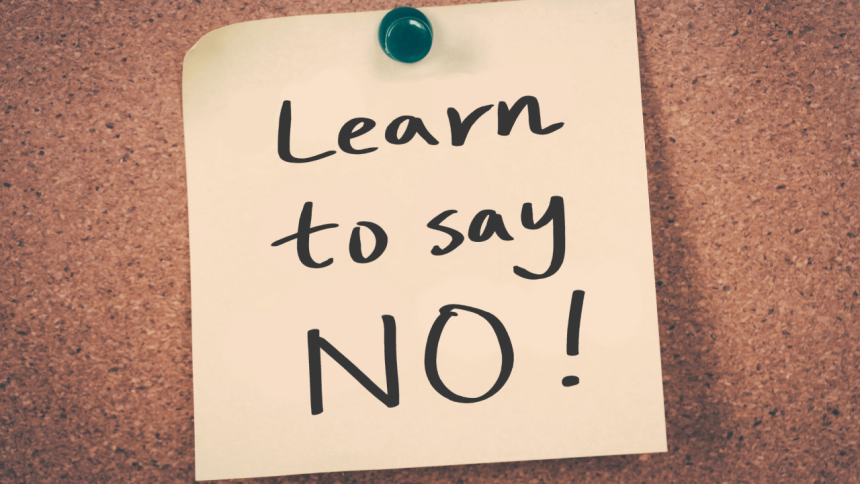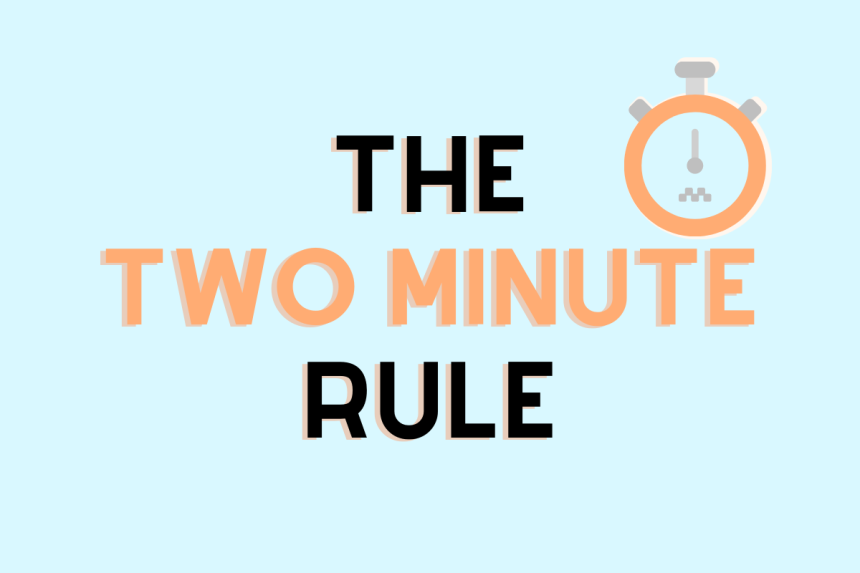
10 Simple Habits to Boost Your Productivity Every Day
1. Start Your Day with a Clear Plan
One of the most effective ways to boost productivity is to start your day with a clear plan. Without a roadmap, it’s easy to get sidetracked or waste time on unimportant tasks. Here’s how to create a daily plan:
- Write Down Your Top 3 Priorities: Identify the three most important tasks you need to accomplish that day. These should align with your long-term goals and have the most significant impact on your progress.
- Use Time Blocking: Allocate specific time slots for each task. This helps you stay focused and prevents multitasking, which can reduce efficiency.
- Review Your Plan the Night Before: Spend 5–10 minutes before bed reviewing your schedule for the next day. This helps you mentally prepare and ensures you hit the ground running in the morning.
By starting your day with a clear plan, you’ll feel more in control and less overwhelmed, setting the tone for a productive day.
2. Embrace the Power of Morning Routines

Your morning routine sets the tone for the rest of the day. A well-structured morning routine can help you feel energized, focused, and ready to tackle your tasks. Here are some ideas to incorporate into your morning routine:
- Wake Up Early: Give yourself enough time to ease into the day without rushing. Waking up even 30 minutes earlier can make a big difference.
- Hydrate and Nourish Your Body: Start your day with a glass of water and a healthy breakfast to fuel your brain and body.
- Exercise: Even a short workout or stretching session can boost your energy levels and improve focus.
- Practice Mindfulness: Spend a few minutes meditating, journaling, or practicing gratitude to center your mind and reduce stress.
A consistent morning routine helps you build momentum and sets a positive tone for the rest of the day.
3. Prioritize Deep Work

Deep work refers to focused, uninterrupted work on tasks that require your full attention and cognitive effort. It’s during deep work that you produce your best results. Here’s how to prioritize deep work:
- Eliminate Distractions: Turn off notifications, close unnecessary tabs, and create a quiet workspace.
- Set a Timer: Use the Pomodoro Technique (25 minutes of focused work followed by a 5-minute break) to maintain focus and avoid burnout.
- Schedule Deep Work Sessions: Block off time in your calendar for deep work and treat it as non-negotiable.
By dedicating time to deep work, you’ll accomplish more in less time and produce higher-quality results.
4. Take Regular Breaks
Contrary to popular belief, working nonstop doesn’t make you more productive. In fact, taking regular breaks can help you maintain focus and prevent burnout. Here’s how to make the most of your breaks:
- Follow the 90-Minute Rule: Research shows that our brains can only focus for about 90 minutes before needing a break. Take a 10–15 minute break after each 90-minute work session.
- Move Your Body: Use your breaks to stretch, walk, or do light exercises to recharge your energy.
- Disconnect: Step away from your workspace and avoid checking emails or social media during breaks.
Taking breaks allows your brain to rest and recharge, making you more productive when you return to work.
5. Learn to Say No

One of the biggest productivity killers is overcommitting yourself. Saying yes to every request or opportunity can leave you feeling overwhelmed and stretched thin. Here’s how to say no effectively:
- Assess Your Priorities: Before agreeing to something, ask yourself if it aligns with your goals and values.
- Be Honest but Polite: You don’t need to give a lengthy explanation. A simple, “I’m sorry, but I can’t commit to this right now” is enough.
- Set Boundaries: Protect your time and energy by setting clear boundaries with others.
Learning to say no allows you to focus on what truly matters and avoid unnecessary distractions.
6. Declutter Your Workspace
A cluttered workspace can lead to a cluttered mind. Taking the time to organize your physical and digital workspace can significantly improve your productivity. Here’s how to declutter:
- Clear Your Desk: Keep only the essentials on your desk, such as your computer, notebook, and a pen.
- Organize Files and Folders: Create a system for organizing your digital files and emails to make them easy to find.
- Minimize Visual Distractions: Remove unnecessary items from your workspace to create a clean, focused environment.
A tidy workspace helps you think more clearly and reduces the time spent searching for things.
7. Use Technology Wisely

Technology can be both a blessing and a curse when it comes to productivity. While it offers tools to streamline your work, it can also be a major source of distraction. Here’s how to use technology wisely:
- Leverage Productivity Apps: Use apps like Trello, Notion, or Todoist to manage tasks and projects.
- Limit Social Media Use: Set specific times for checking social media and avoid scrolling mindlessly throughout the day.
- Automate Repetitive Tasks: Use tools like Zapier or IFTTT to automate routine tasks and save time.
By using technology intentionally, you can enhance your productivity without falling into the trap of digital distractions.
8. Practice the Two-Minute Rule

The two-minute rule is a simple yet powerful habit that can help you tackle small tasks before they pile up. Here’s how it works:
- If a Task Takes Less Than Two Minutes, Do It Immediately: Whether it’s replying to an email, filing a document, or making a quick phone call, completing small tasks right away prevents them from accumulating.
- Break Larger Tasks into Smaller Steps: If a task takes longer than two minutes, break it down into smaller, manageable steps and tackle them one at a time.
The two-minute rule helps you maintain momentum and prevents small tasks from becoming overwhelming.
9. Reflect and Adjust
Productivity isn’t a one-size-fits-all concept. What works for one person may not work for another. That’s why it’s important to regularly reflect on your habits and make adjustments as needed. Here’s how to do it:
- Review Your Progress: At the end of each day or week, review what you accomplished and identify areas for improvement.
- Experiment with New Strategies: Don’t be afraid to try new productivity techniques and see what works best for you.
- Be Flexible: Life is unpredictable, and your productivity habits should be adaptable to changing circumstances.
By regularly reflecting and adjusting, you can continuously improve your productivity and stay on track toward your goals.
10. Prioritize Self-Care
Lastly, productivity isn’t just about work—it’s also about taking care of yourself. Neglecting your physical and mental health can lead to burnout and decreased productivity. Here’s how to prioritize self-care:
- Get Enough Sleep: Aim for 7–9 hours of quality sleep each night to recharge your body and mind.
- Eat a Balanced Diet: Fuel your body with nutritious foods that provide sustained energy throughout the day.
- Exercise Regularly: Physical activity boosts your mood, energy levels, and cognitive function.
- Take Time to Relax: Make time for hobbies, relaxation, and spending time with loved ones to recharge and reduce stress.
When you prioritize self-care, you’ll have more energy, focus, and motivation to tackle your tasks
Boosting your productivity doesn’t require drastic changes or overwhelming efforts. By incorporating these 10 simple habits into your daily routine, you can work smarter, achieve more, and reduce stress. Remember, productivity is a journey, not a destination. Start small, stay consistent, and celebrate your progress along the way.





